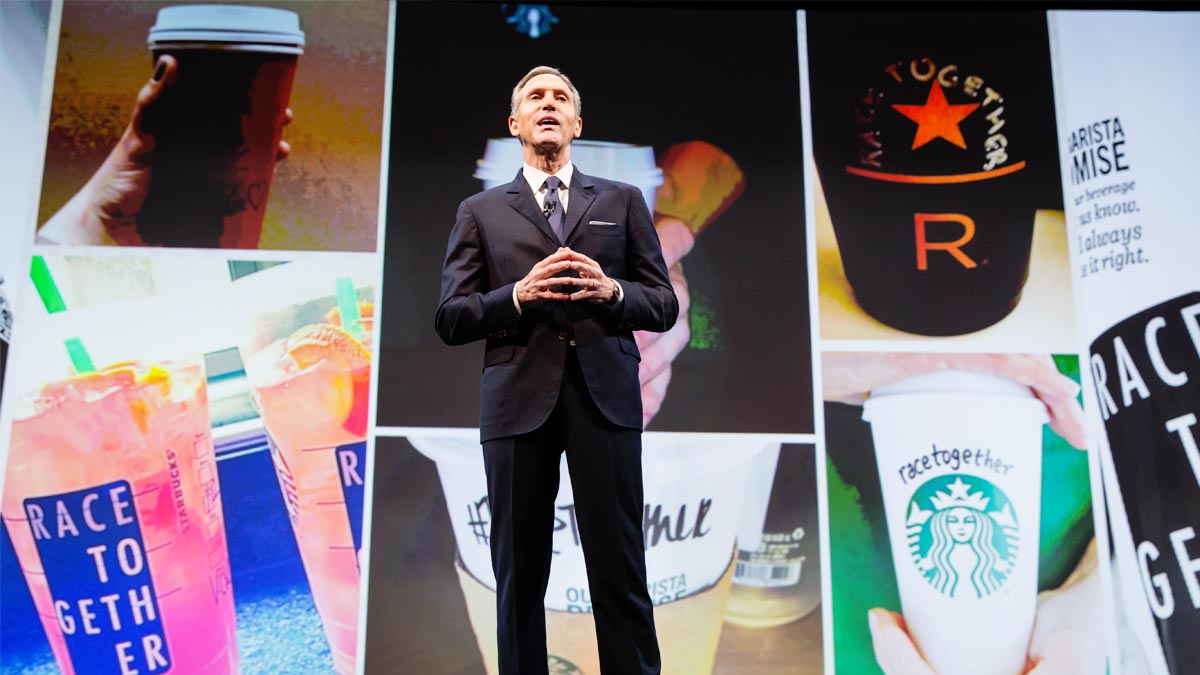
Navigating the Amazon: Workplace Culture and Ethics
Blog While talk in August can normally drift to Labor Day vacation plans and how to brew the perfect pitcher of iced tea, a different sort of discussion began to surface in offices (and backyards) across America: that of workplace culture and the different extremes that workers at Amazon report as the norm.
While talk in August can normally drift to Labor Day vacation plans and how to brew the perfect pitcher of iced tea, a different sort of discussion began to surface in offices (and backyards) across America: that of workplace culture and the different extremes that workers at Amazon report as the norm.
The New York Times article that started it all, "Wrestling Big Ideas in a Grueling Workplace," provided an eye-opening look into the management practices, feedback loops and performance measurement metrics at Amazon, eliciting both accolades and acrimony from current and former employees. After much debate, the dust settled at a realization that the intensity is both a blessing and a curse and tailored for only certain kinds of personalities. An overarching theme was that burnout is common and, to a certain extent, expected.
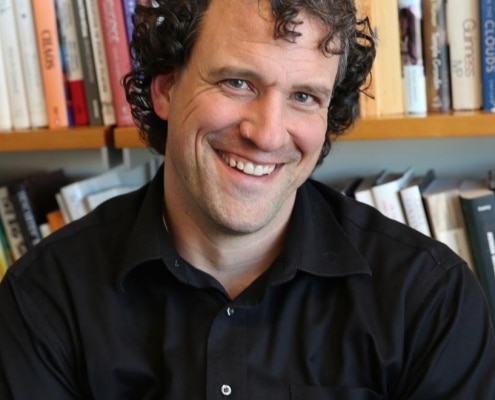
Featured Collaborator for September: Nick Epley
Blog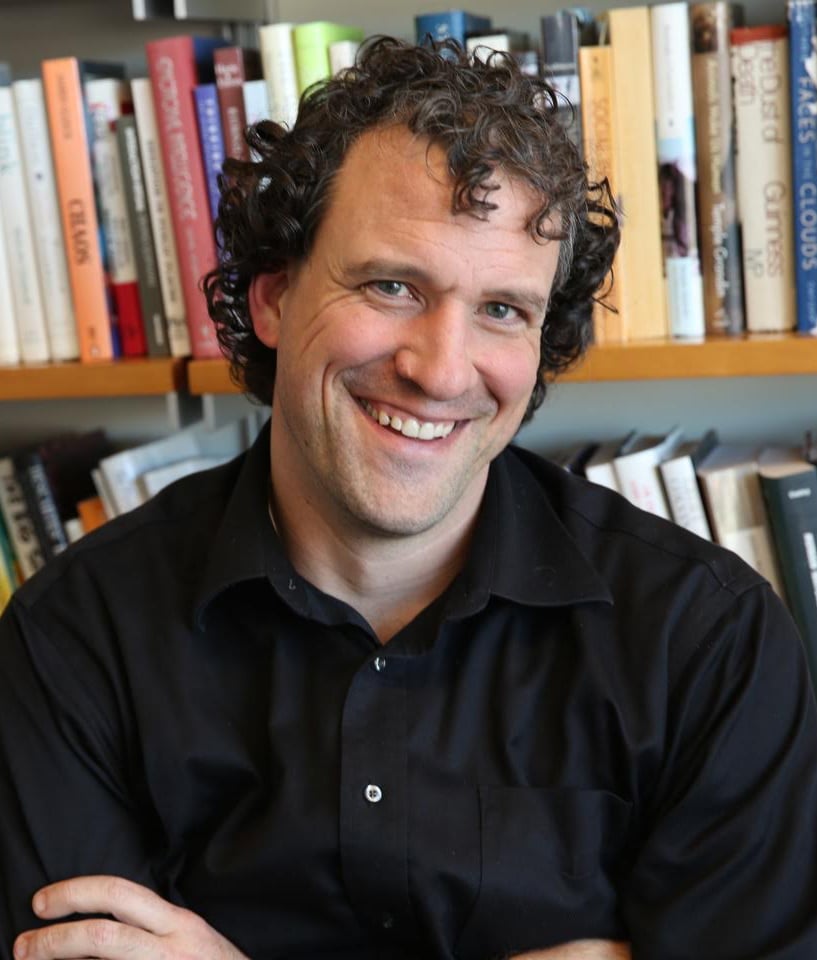 Interview with Nick Epley, author of "Mindwise: How We Understand What Others Think, Believe, Feel, and Want" and professor of behavioral science at the University of Chicago's Booth School of Business
Interview with Nick Epley, author of "Mindwise: How We Understand What Others Think, Believe, Feel, and Want" and professor of behavioral science at the University of Chicago's Booth School of Business
I study mind reading. Not the nonsensical, spooky or supernatural versions of it, but rather the very natural and intuitive version of it that we do whenever we make an inference about another person’s mind. We do this arguably every social interaction we have when we wonder what someone else is thinking, believing, feeling, or wanting. This is hard to do accurately because another person’s mind is inherently invisible.
You can’t see another person’s thought, hold a want, or poke a feeling. As a result, our inferences about the minds of others are far less than perfect, and we are consistently less accurate than we think we are. I’m most interested in understanding these gaps between our inferences about each other and reality. The mistakes we make are a common source of unnecessary conflict in everyday life.
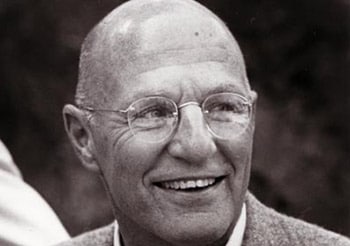
Jerry Kohlberg: Banking on a Moral Identity
Blog Jerry Kohlberg amassed one of Wall Street’s largest fortunes after co-founding Kohlberg, Kravis and Roberts (KKR) in 1976, but it was his consistent emphasis on ethics as a force for good, along with his warnings of the potential evils outsized wealth can tender, that we will remember most.
Jerry Kohlberg amassed one of Wall Street’s largest fortunes after co-founding Kohlberg, Kravis and Roberts (KKR) in 1976, but it was his consistent emphasis on ethics as a force for good, along with his warnings of the potential evils outsized wealth can tender, that we will remember most.
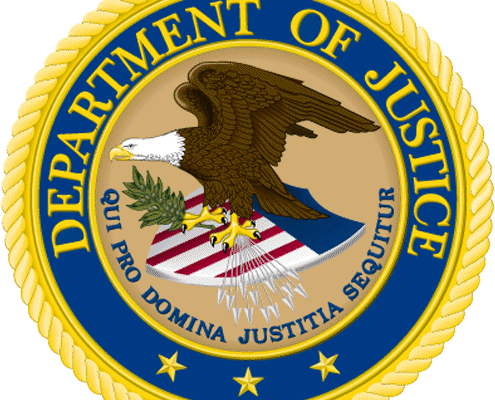
A Dream Remit For the New DOJ Compliance Counsel
Blog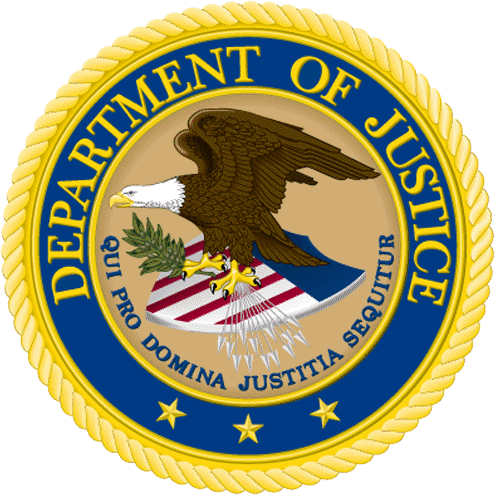 Designing ethical systems is about having the right policies and programs in place- as well as the right people. Recently, the Department of Justice took a needed step forward by retaining a new full-time expert in compliance programs for their prosecution team. ES collaborator Jeffrey Kaplan, of Kaplan & Walker, LLP explains in a new Conflicts of Interest blog entry, cross posted below, how the new hire will allow the government to advance not only their understanding of how to strengthen and evaluate organizational compliance programs, but how the DOJ can leverage this position to put forth an agenda that highlights positive actions in the field.
Designing ethical systems is about having the right policies and programs in place- as well as the right people. Recently, the Department of Justice took a needed step forward by retaining a new full-time expert in compliance programs for their prosecution team. ES collaborator Jeffrey Kaplan, of Kaplan & Walker, LLP explains in a new Conflicts of Interest blog entry, cross posted below, how the new hire will allow the government to advance not only their understanding of how to strengthen and evaluate organizational compliance programs, but how the DOJ can leverage this position to put forth an agenda that highlights positive actions in the field.
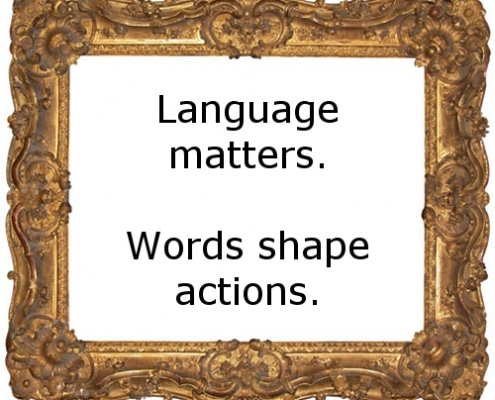
Framing the Language of Business
Blog Framing is not just how you present a painting. Framing helps to communicate the type of art, it complements subject matter, and it influences how the viewer perceives the image. Framing also matters when it comes to business, and the language we use can deeply affect both the rules we follow and those we are willing to break.
Framing is not just how you present a painting. Framing helps to communicate the type of art, it complements subject matter, and it influences how the viewer perceives the image. Framing also matters when it comes to business, and the language we use can deeply affect both the rules we follow and those we are willing to break.
While business has its own lexicon, a new piece in Ethisphere by Scott Killingsworth, Senior Counsel with Bryan Cave LLP in Atlanta, illustrates that when we couch the business of business in terms of war and gamification, we prime the pump for pernicious results.

Why CEO Activism Could Change the World of Public Companies
Blog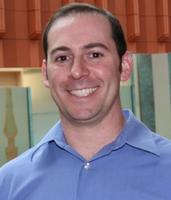
Featured Collaborator of July/August: David Mayer
BlogInterview with David Mayer, associate professor in the Management and Organizations Area at the Ross School of Business at the University of Michigan
What are your main areas of research?
 I am an organizational scholar who focuses primarily on one fundamental question: When and why do individuals in organizations engage in unethical and prosocial behavior? More specifically, I am interested how the social environment in organizations (e.g., leadership, peers, organizational climate, organizational practices) impacts unethical and prosocial behavior.
I am an organizational scholar who focuses primarily on one fundamental question: When and why do individuals in organizations engage in unethical and prosocial behavior? More specifically, I am interested how the social environment in organizations (e.g., leadership, peers, organizational climate, organizational practices) impacts unethical and prosocial behavior.
I am also fascinated with the question of whether employees and leaders think that business and work are part of the moral domain of social life and I have worked on several papers that demonstrate that at times “business” and “ethics” are inseparable and at times they are, as the truism suggests, an oxymoron.
In contrast to the bulk of work taking a social science lens on ethics, I typically take a positive lens by not focusing solely on identifying pitfalls and biases that lead to unethical behavior, but by understanding how the context at work can improve prosocial behavior, how employees and leaders in organizations can influence others to do good, and when leaders and employees are most likely to act in ways that suggest they consider work to be a moral domain.

Meet Azish Filabi, our new CEO
BlogTo Our Community,
 We are proud to introduce Azish Filabi, our new CEO.
We are proud to introduce Azish Filabi, our new CEO.
After a comprehensive search over several months, we identified several potential candidates to take over the helm of our organization. However, one stood out above all others and we are thrilled that she has come on board.

Poisoning the Well: The impact of incivility in the workplace
Blog Culture matters more than any other factor in determining the level of ethical conduct within an organization. Knowing this, leaders need to be ever vigilant to how toxic day to day interactions can poison the working environment.
Culture matters more than any other factor in determining the level of ethical conduct within an organization. Knowing this, leaders need to be ever vigilant to how toxic day to day interactions can poison the working environment.
Christina Porath, associate professor at Georgetown University and co-author of “The Cost of Bad Behavior” recently published an op-ed and online quiz (“No Time to Be Nice at Work,” Sunday, June 21, 2015) in The New York Times illuminating the dramatic degree in which courtesy and consideration in the workplace actually impact individuals.

Interested in an Ethical Culture? Build an Ombuds Program
BlogGuest post by John W. Zinsser, Pacifica Human Communications, LLC.
 There is a mechanism for employees of all levels to safely (without fear of retaliation) raise any concern or ask a needed question — an organizational ombuds program.
There is a mechanism for employees of all levels to safely (without fear of retaliation) raise any concern or ask a needed question — an organizational ombuds program.
Properly constructed and executed organizational ombuds programs provide those who access the function a place to:
- Consider possible solutions;
- Navigate the complexity of today’s organizations;
- Sound out an idea; and
- Build a plan of action to address a situation.
As a result of being involved in these activities, the ombuds program is positioned to raise leadership’s awareness and understanding of key issues the organization faces.

